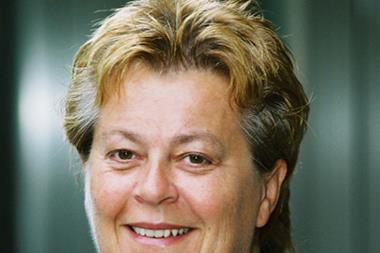FERMA president Julia Graham answered a Q&A session with StrategicRISK following the announcement of the association’s certification project

This is arguably the most important project FERMA has undertaken, what are your hopes/vision for the future of risk management as a profession?
We believe at FERMA that risk management will become risk leadership. It will continue to increase in its priority in organisations and in profile as a board room subject. I see boards strongly advocating for strategic and enterprise risk management. More energy will be devoted to defining risk appetite and tracking, measuring and analysing risk and organizations will demand people who are “professionally fit” to perform the risk role.
One of our challenges is to ensure that there is a talent pool of risk managers with the business skills to work at a high level: to communicate with the board and audit committee and maintain strong links with strategic planning and management. We believe certification can play a major role in developing that talent pool and giving organizations confidence in the professionalism of the risk managers they hire.
How will certification change the industry – what benefits will new risk managers have in receiving certification for their studies?
We want the FERMA European Certified Risk Manager to become a recognised designation of professional standing. Certification will be a broader indication of a risk manager’s experience and competence than academic qualifications only, and it will be underpinned by a requirement for continuing professional development and compliance with a code of ethics. This means that European Certified risk managers will be desirable candidates for senior risk management positions in major organizations.
Risk management is a very broad industry, how challenging will it be to define the profession for education purposes?.
The way we are designing certification means that we do not need to be too prescriptive in our definition. FERMA is not an education provider, but will accredit courses and programmes run by others. These will include academic institutions, our member associations and others providing risk management education, including our partners. Education will vary in content, but if this is relevant and reaches the required standard, then completion will be acceptable as part of an application for certification including continuous professional development.




















No comments yet